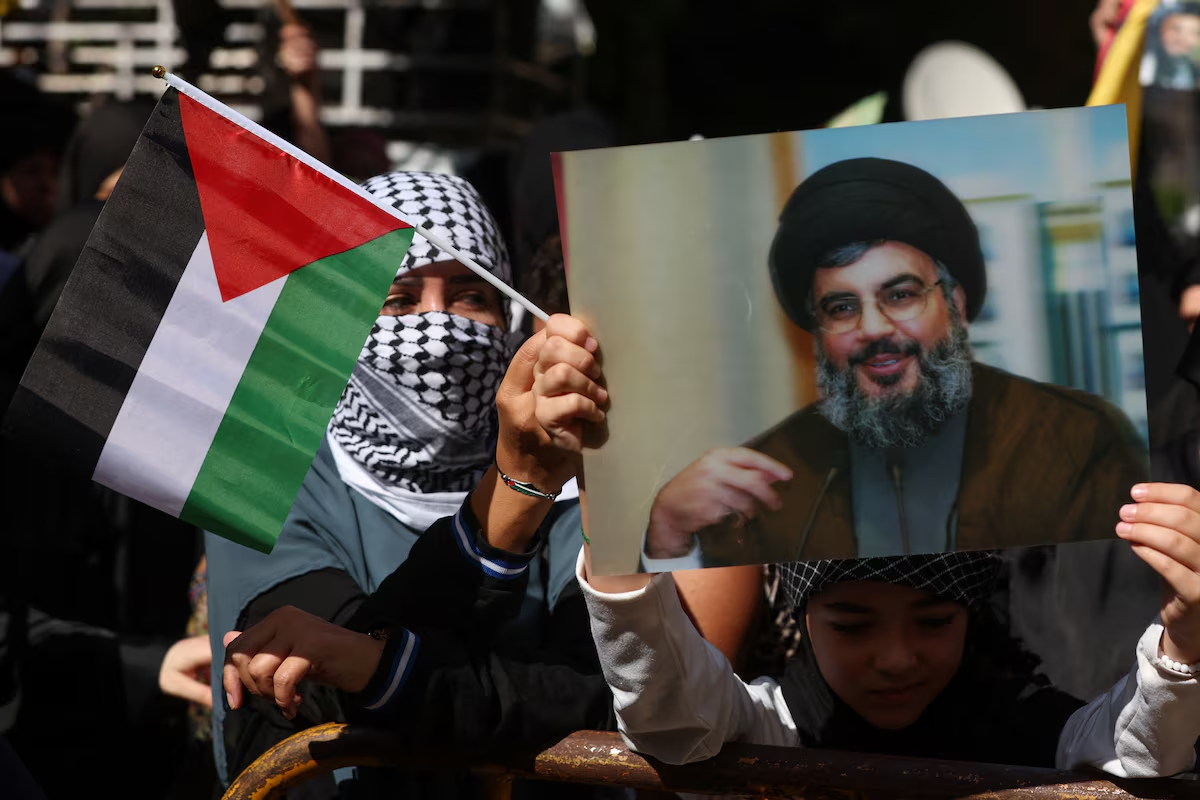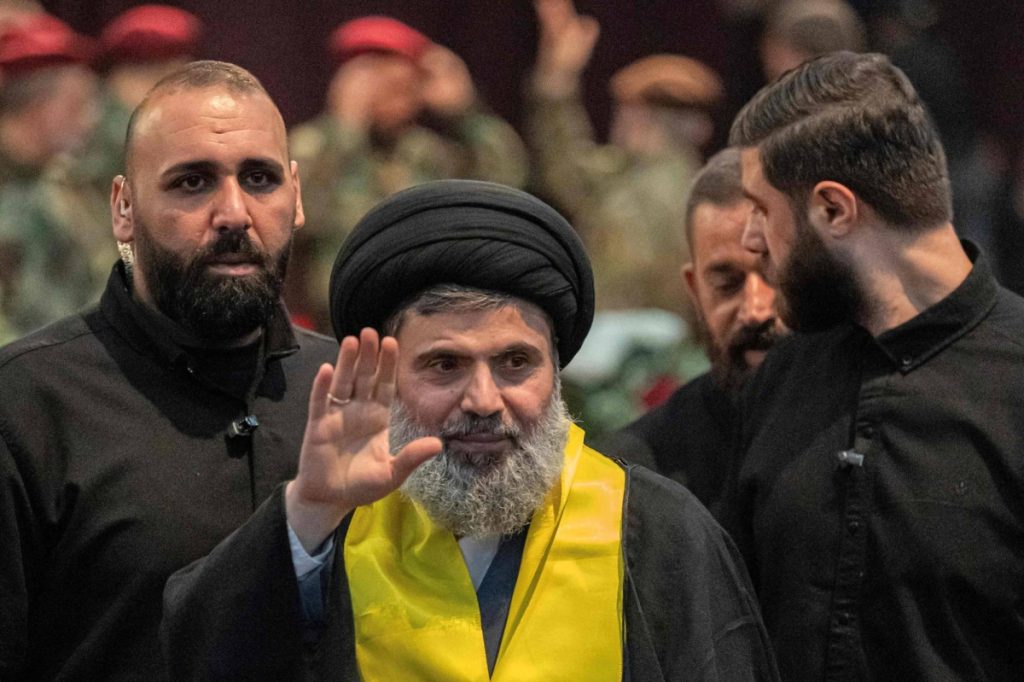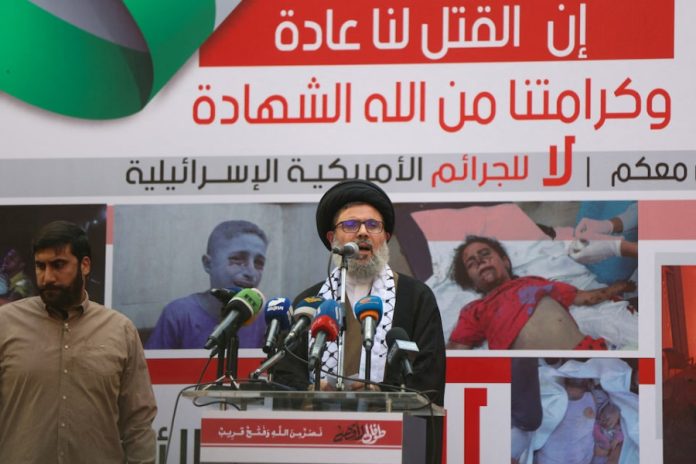Israel confirmed on Tuesday that it had killed Hashem Safieddine, the man expected to succeed the late Hezbollah leader Hassan Nasrallah. Safieddine, a senior commander in the Iran-backed Lebanese militant group, was killed three weeks ago in an Israeli airstrike targeting Hezbollah in Beirut’s southern suburbs. This is the first time Israel has officially confirmed his death, though earlier statements suggested he had probably been eliminated. Hezbollah has not yet responded to the Israeli statement.
“We have reached Nasrallah, his replacement, and most of Hezbollah’s senior leadership. We will reach anyone who threatens the security of the civilians of the State of Israel,” said Israeli army chief Lieutenant General Herzi Halevi. Israel has been conducting a series of strikes in Lebanon as part of its broader offensive against Hezbollah, following a year of border clashes between the two sides. Hezbollah, considered one of Iran’s most powerful proxy forces in the Middle East, has been supporting Palestinian militants in Gaza, but has suffered significant losses as Israel intensifies its military operations.
Hashem Safieddine, a relative of Hassan Nasrallah, had been appointed to Hezbollah’s Jihad Council, the body overseeing the group’s military operations, and was also involved in its executive council, responsible for financial and administrative affairs. In the year of escalating conflict with Israel, Safieddine had become a prominent figure, often representing Hezbollah at public events such as funerals, which Nasrallah had been unable to attend due to security concerns.

Israel’s campaign in Lebanon follows a broader strategy aimed at dismantling Hezbollah’s leadership, a tactic that has already led to the death of several senior commanders. Nasrallah himself was killed in an Israeli airstrike on September 27, marking a significant blow to the group. Despite the string of high-profile assassinations, Israel has shown no intention of scaling back its military operations in either Gaza or Lebanon.
Diplomatic sources suggest that Israel is looking to solidify its military gains before a new U.S. administration potentially shifts the current dynamics. The U.S. presidential election is scheduled for November 5, and the result could influence future American policies in the region. Vice President Kamala Harris and former President Donald Trump are the main contenders in the race.
The confirmation of Safieddine’s death coincides with U.S. Secretary of State Antony Blinken’s ongoing diplomatic efforts in the Middle East. Blinken met with Israeli Prime Minister Benjamin Netanyahu on Tuesday, urging Israel to capitalize on the recent killing of Hamas leader Yahya Sinwar by securing the release of hostages taken during Hamas’ October 7 attack on Israel last year. Blinken’s trip marks his 11th visit to the region since the Gaza war erupted and comes just ahead of the U.S. election.
While Blinken has been pushing for a ceasefire in Gaza, his efforts have yet to yield results. Israel remains focused on achieving its military objectives, while Hamas has refused to release hostages unless Israel pledges to end the war and withdraw from Gaza. As Gaza lies in ruins and its 2.3 million residents are displaced, the prospects for a ceasefire remain bleak.

In Lebanon, Blinken is also working to deescalate the conflict. Overnight, at least 18 people were killed, including four children, and 60 others were injured in an Israeli airstrike near Beirut’s main state hospital. As fighting continues, Hezbollah has ruled out any negotiations, emphasizing that dialogue would only be possible once Israel halts its military operations.
Hezbollah claimed responsibility for a drone attack on Israeli Prime Minister Netanyahu’s holiday home over the weekend, further intensifying the conflict. On Tuesday, the militant group announced several additional attacks on Israeli targets, including strikes near Haifa and Tel Aviv, suggesting that despite Israel’s extensive airstrikes, Hezbollah’s military capabilities remain intact.
The ongoing Israeli airstrikes in Lebanon have caused widespread destruction, including the collapse of a multi-story building in central Beirut, which sent panicked residents fleeing. According to the Lebanese government, at least 1.2 million people have been displaced since Israel began its offensive, and over 2,500 people have been killed, with 63 fatalities reported in the past 24 hours alone.
As both Gaza and Lebanon remain engulfed in violence, the humanitarian crisis continues to worsen, with no clear end in sight. International diplomatic efforts, led by Blinken, face significant challenges, as neither Israel nor its adversaries show signs of backing down.




